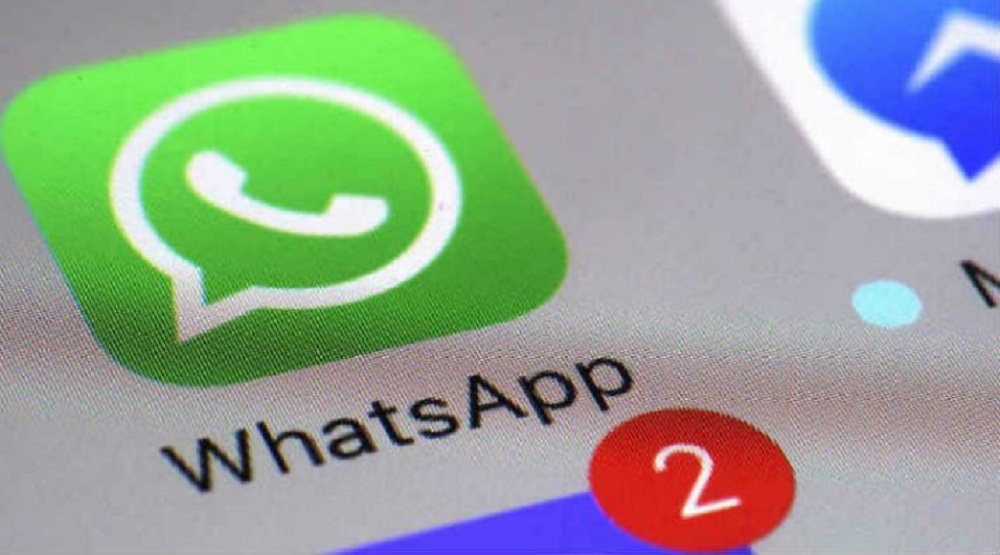RIO DE JANEIRO, BRAZIL – WhatsApp admitted for the first time that the Brazilian election of 2018 used massive messaging, with automated systems hired from companies.
“There was activity by companies that provide massive messaging in last year’s Brazilian election, which violated our terms of use, to reach a large number of people,” said Ben Supple, WhatsApp’s manager of public policy and global elections, in a talk at the Gabo Festival.

In a string of reports since October last year, daily newspaper Folha disclosed the hiring of marketing companies during the election campaign that sent mass political messages by fraudulently using people’s personal tax ID (CPF) and by hiring foreign agencies.
One of the reports said that businessmen supporting candidate Jair Bolsonaro funded the sending of mass messages against the defeated leftist Fernando Haddad, who was also fined by the TSE for irregular promotion of unfavorable content against his then opponent.
The TSE bans the use of automation tools, such as mass messaging software. In addition, according to Folha, businessmen hired these services for and against candidates without reporting these expenses to the Electoral Courts, which qualifies as a slush fund crime.
In the same event, the WhatsApp executive blamed the platform’s public groups accessed through links distributing political content, most of the time related to Bolsonaro’s government.
“We see these groups as sensationalist tabloids, where people want to spread a message to an audience and usually distribute more controversial and problematic content,” he said. “Don’t join these big groups of people you don’t know: get out of these groups and report them.”
The WhatsApp executive stated that the platform discourages “the use of groups as broadcast lists” of content, as is the case with many groups supporting politicians. “WhatsApp was designed to house informal conversations between families and friends.”
When asked whether using WhatsApp by political campaigns was in violation of the rules, he stated: “It is not in violation as long as all terms of use are respected [which prohibit automation and mass sending]. Everyone is subject to the same criteria, no matter if it is a presidential candidate or a peasant from the interior of India”.
Supple acknowledged the app’s influence on electoral procedures. “We know that elections can be won or lost on WhatsApp,” he said. He added that WhatsApp dispatched teams to monitor the elections in India, Indonesia and the European Parliament in the first half of 2019.
According to the executive, the platform already expected the Brazilian elections of 2018 to be a stage for misinformation campaigns.
“We always knew the Brazilian elections would be a challenge. It was a very polarized election and the conditions were ideal for the spreading of misinformation,” he said.

“In Brazil, many people use WhatsApp as their primary source of information and do not have the means to check the truthfulness of contents.” However, only a minority commit irregularities, he said.
The executive said the company has been adopting a number of measures to block accounts that violate the rules when sending automated or bulk messages. And he reported that since January when the number of forwardings of a message was limited to five, the total number of forwardings fell by 25 percent.
Supple stated that WhatsApp has been banning two million accounts per month.
Source: Folha de S.Paulo

